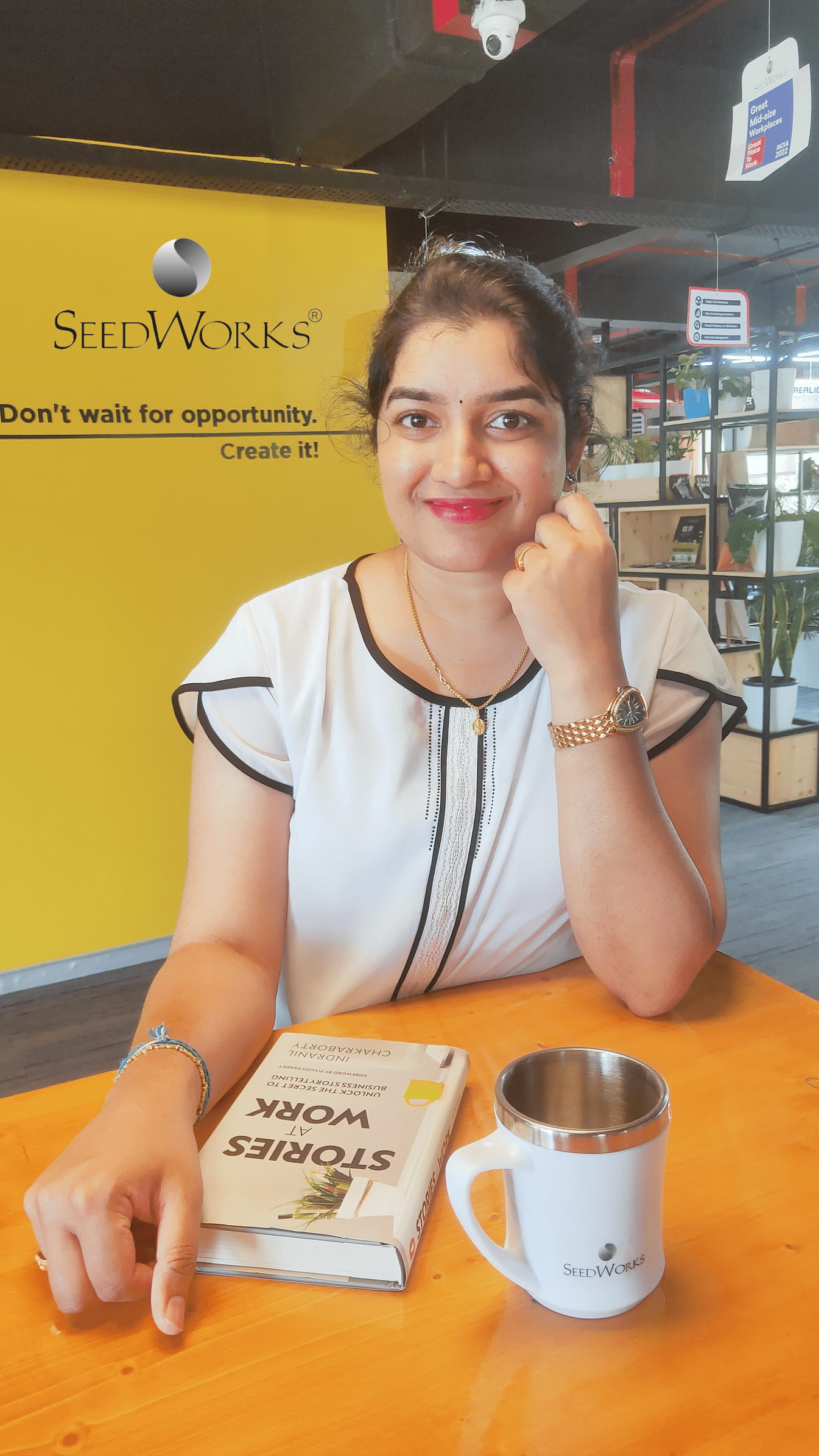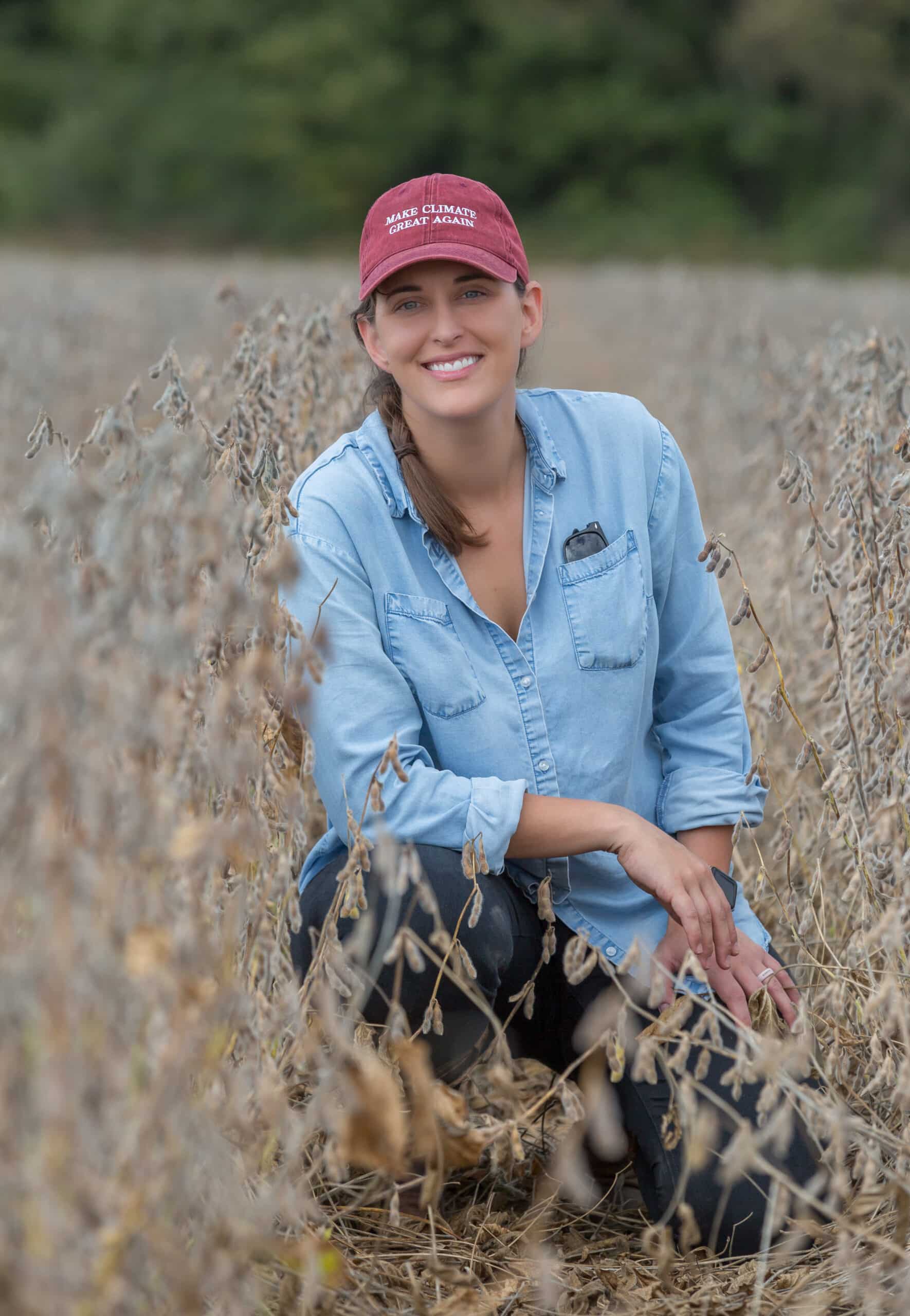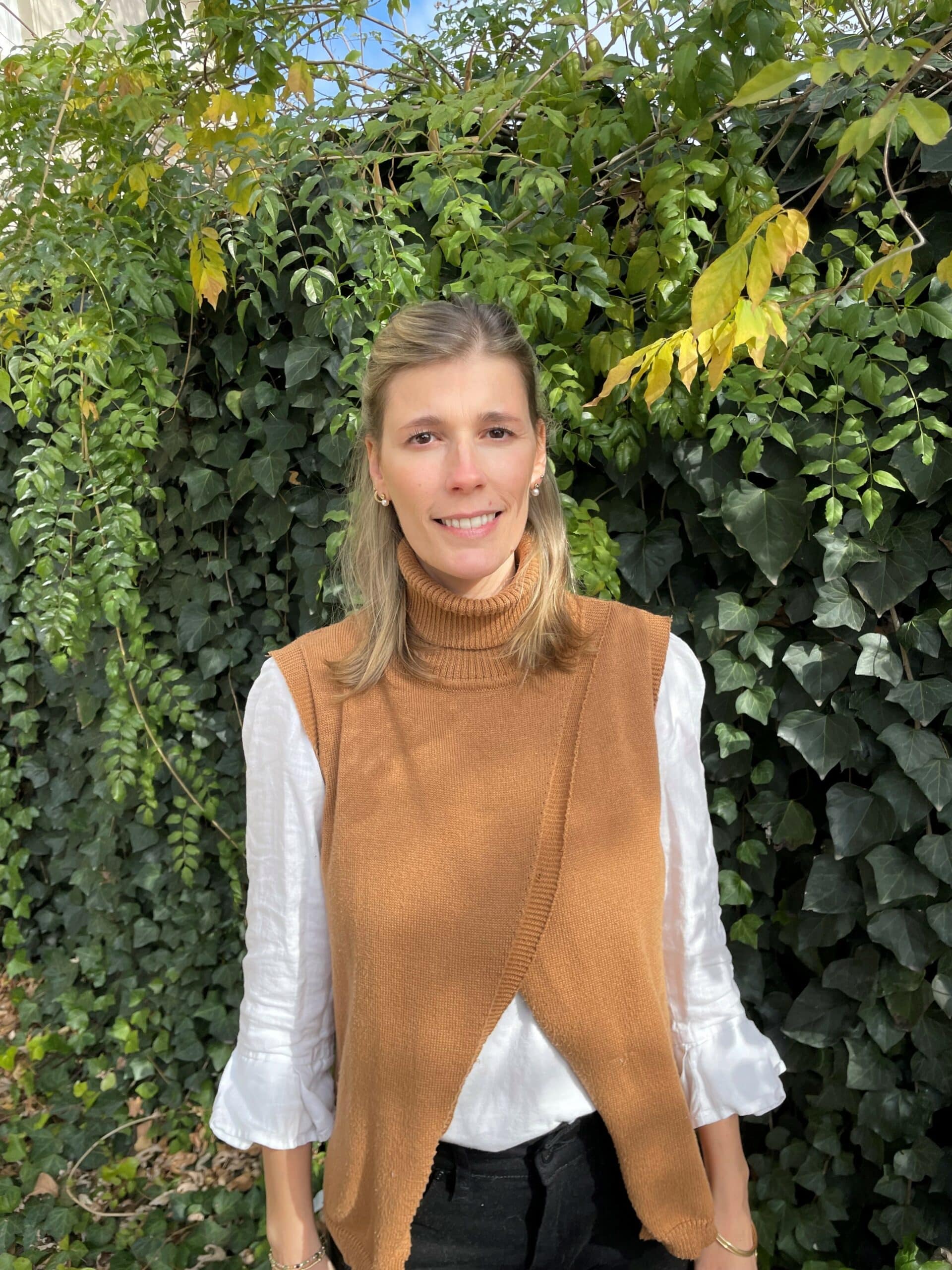For the fourth year in a row, Seed World asked for nominations for top leaders in the industry who showcase a drive for bettering the global seed industry. We were delighted with the many nominations we received and challenged to select the very best from among them. We’re excited to, over the coming week, introduce you to an outstanding group of dynamic and passionate young people: our Top 10 Next Gen Leaders for 2023. The leaders come from a range of businesses — from multinationals to associations to independent companies. Not only that, but this year’s Next Gen winners also come from various backgrounds, ranging from marketing to seed production to breeding. But they all have one goal in common: leading the seed industry to the future.
Ten leaders are shaping the seed industry in new and exciting ways across the globe — from the U.S. to Canada to India to Uruguay. Learn more about the changes they’re making as they step forward in their leadership roles.
Read part one, part two and part three.
Jaya Sowmya Sanikommu
Though she hasn’t been in the seed industry for long — only since 2022 — Jaya Sowmya Sanikommu has been making splashes in the industry. Joining SeedWorks International Private Limited as a graduate agriculture trainee, she has spent a year learning about the ins and outs of the agriculture supply chain in India. Now, as assistant manager of seed production research, she collaborates with teams to develop and implement innovative strategies to optimize seed production efficiency and maximize yields within the seed supply chain, while managing and facilitating research and product development teams.

Her passion for seed and plant breeding developed when she was a child.
“From a young age, I found solace and joy in spending time amidst the lush green fields and bountiful gardens,” she says. “My father, who shared the same enthusiasm for planting trees and caring for them in his free time, played a pivotal role in nurturing my interest in agriculture. I realized that I wanted to devote my entire career to this noble field.”
Sanikommu says her new role at SeedWorks lets her dive into some of her other passions as well — particularly food security.
“Working in the seed industry has given me a platform to address the pressing challenges our world faces, such as the global food crisis,” Sanikommu says. “Each day, I wake up with the burning desire to contribute towards creating a healthier future for generations to come. It fills me with immense satisfaction knowing that the work we do here has a tangible impact on people’s lives, providing them with sustenance and hope.”
What is the one motto she likes to keep in mind during work? Make sure you “challenge the challenge”, she says. To Sanikommu, that means pushing beyond your comfort zone and embracing obstacles as opportunities for growth.
“It is about adopting a positive mindset and viewing challenges as steppingstones towards personal development and success,” she says. “By facing challenges head-on, we can discover our true potential and unlock new possibilities in both our personal and professional lives.”
Hallie Shoffner
A sixth-generation farmer from northeast Arkansas, Hallie Shoffner grew up in soybean and rice fields learning from her parents — especially her mother, who’s an agricultural field researcher. It seemed natural for her to come back to work on their research and production farm in 2016. In 2019, she took over as CEO of SFR Seed after her parents retired.

“Every Sunday morning, my dad would give me a choice, go to church or scout cotton,” Shoffner says. “Pretty obvious choice for a kid! We’d drive around eating McDonalds and stop to pick hundreds of squares and count bugs.”
She says her passion today is two-fold: she’s passionate about genetics and research and about climate action in the agricultural sector.
“I once heard someone say that while farmers may not identify as environmental activists, we are active environmentalists,” Shoffner says. “Farmers everywhere are taking steps to become more efficient by focusing on soil health and input reduction. These practices reduce carbon emissions in our industry and promote environmental sustainability. It’s a win-win if we can continue this positive trend.”
Her passion for climate action continues to grow throughout her leadership role as well. It not only lets her educate Americans about where their food comes from and the positive steps farmers are taking, but it also helps to get the agriculture story out.
“We need to tell our story to the rest of the world. There was an excellent New York Times article recently about work being done to make rice production more sustainable,” she says. “It highlighted the work of farmers and scientists. Consumers need to know that farmers and the agricultural industry are just as concerned about climate change and the environment as they are.”
Her advice for someone new to the industry? Remember to be flexible and adaptable, as agriculture is an ever-changing industry.
“The things you want or even expect to happen may turn out differently, and that’s okay,” Shoffner says. “You can handle anything your career or life throws your way by being flexible, planning for change and working honestly and diligently.”
Victoria Stewart
For Victoria Stewart, the seed sector seemed to be something she was destined for. After obtaining a degree in agricultural management, a postgraduate degree in agribusiness and another one in seed technology, Stewart joined the Uruguayan Plant Breeders Association (URUPOV). There, she got to follow her passion for agriculture and work closely with farmers, seed producers, seed cleaning facilities, distributors, and seed companies.

But there was always one key area that Stewart says piqued her passion the most: plant breeding and plant breeders’ rights.
“I quickly fell in love with this industry, especially learning about plant breeders¬¥ rights and all the fascinating aspects of the entire seed value chain and its stakeholders,” she says.
In her current role as operations manager of URUPOV, she’s able to leverage that passion and put it into action. Why? Since agriculture is such a significant pillar of Uruguay’s economy, Stewart says it’s important for her country to provide their farmers with more and better plant varieties each season — which means also bringing in new and foreign breeders to market.
“To achieve this, the country must not only offer an appropriate regulatory framework to safeguard breeders’ rights, but also establish a mechanism that enables farmers to recognize the intellectual property of these breeders through royalty collection systems developed by URUPOV,” she says. “My vision is that this approach serves essential purposes by ensuring that plant breeders are fairly compensated for their innovative contributions, encouraging them to continue investing in plant breeding while farmers have access to better technologies and germplasm.”
Fortunately, Stewart doesn’t have to face this challenge alone — in addition to working with the URUPOV members, she also has a team of young agronomists behind her that she says helps ensure smooth execution of initiatives.
The one thing she tries to do to get her team motivated every morning? Stewart believes starting the day off on a note of enthusiasm is key. She likes to do this through her passion of music.
“Before we start our meetings, my colleagues and I select a song to listen to at ‚Äòfull volume’ and start the day and meeting with great enthusiasm,” Stewart says. “The team I lead is comprised of young agronomists, and this dynamic inspires me to foster a creative and engaging work environment. I believe in creating an atmosphere that is not only fun but also positive and stimulating.”
Related Articles:
CSGA’s President on Why Digital Seed Tags are the Future













